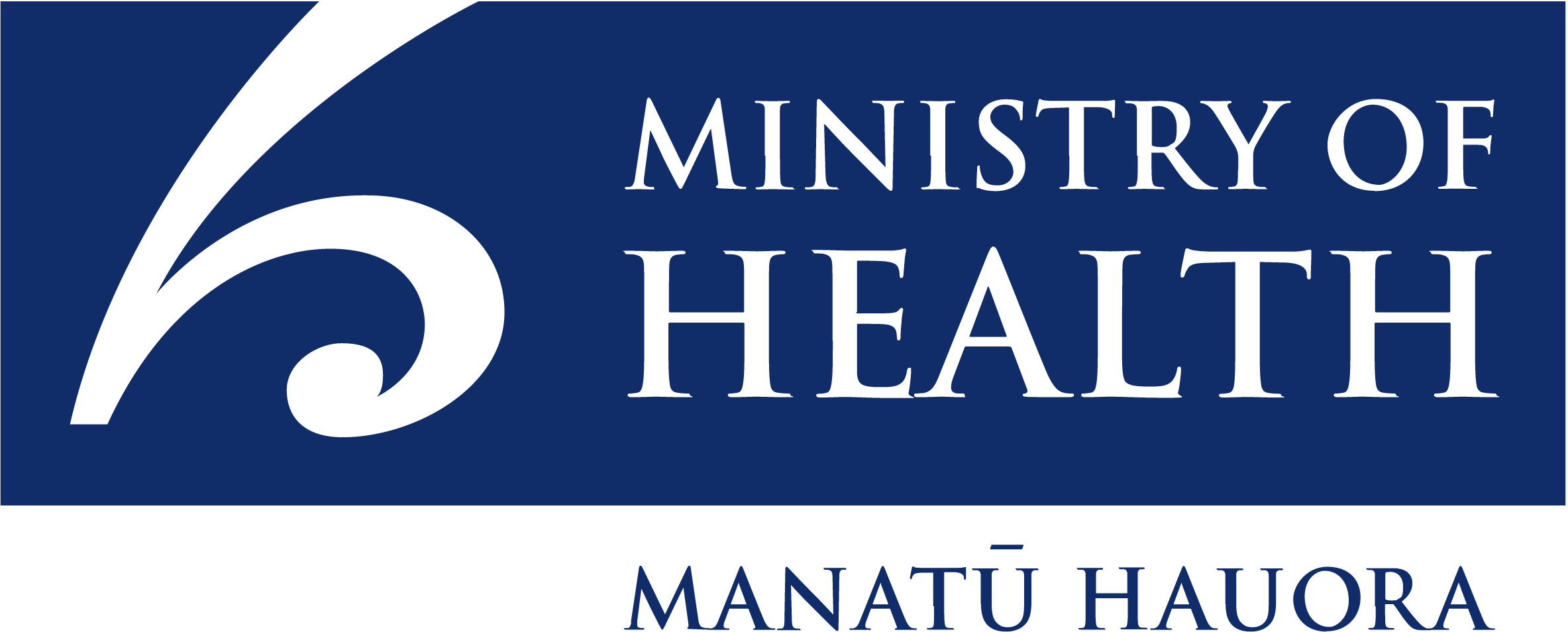Proposed amendments to the designated registered nurse prescriber specified prescription medicines list
Overview
The Ministry of Health – Manatū Hauora (the Ministry) invites submissions on the proposed addition of 190 prescription medicines and four medicine classes to the designated registered nurse prescriber specified prescription medicines list. Additionally, feedback is invited on the proposed removal of restrictions for seven medicines currently listed.
The Medicines (Designated Prescriber—Registered Nurses) Regulations 2016 and Misuse of Drugs Regulations 1977 permit registered nurse prescribers in primary health and specialty teams to prescribe specified prescription medicines and controlled drugs.
The Nursing Council initially proposed additional medicines and changing the list to broad medicines classifications rather than individual medicines. The Ministry has agreed to consult on additional medicines but is not satisfied that broad classifications meets the current requirements for designated prescribers under the Medicines Act (1981). Some specific classes are proposed to be added to the list.
The Ministry, on behalf of the Director-General, must consult with those people or organisations that may be affected by a change to the schedules before making a legal change by Gazette notice.
This submission will allow you to provide feedback on the proposed medicines, or to propose medicines that have not been referenced.
Please submit your feedback on the proposed amendments by 17 October 2025.
Any specific questions regarding the proposed prescription medicines or controlled drugs for designated registered nurse prescribers should be addressed to Nursing Council.
View the full consultation document
- Consultation on Amendments to the Specified Prescription Medicines List for Designated Registered Nurse Prescribers in Primary Health and Specialty Teams (PDF, 412 KB)
- Consultation on Amendments to the Specified Prescription Medicines List for Designated Registered Nurse Prescribers in Primary Health and Specialty Teams (Word, 1.7 MB)
More information about the proposed changes
Background
Registered nurse prescribers in primary health and specialty teams have met specific requirements and are authorised to prescribe by Nursing Council. They must work in collaborative multidisciplinary health care teams and only prescribe medicines within their specific area of practice.
Nursing Council has proposed an update to the current list (PDF, 38 KB) to increase the medicines registered nurses can prescribe. In many cases registered nurse prescribers are seeing patients who have already been diagnosed and commenced on a medicine by an authorised prescriber, for example, a doctor or a nurse practitioner. An increase in the medicines registered nurses can prescribe would enable them to deliver care without requesting an authorised prescriber to prescribe some medicines.
In addition, new medicines have become available in New Zealand to which wider access would benefit patients.
The proposal also extends nurse prescribing to include more specialised medicines including more antibiotics, immunosuppressants, medicines for multiple sclerosis, antiarrhythmics, dermatologicals, medicines for tuberculosis, antivirals, antiepileptics and antipsychotics, and more eye medicines. We have presented the Nursing Council’s rationale alongside the medicines. The Council has suggested that some medicines will be identified in their Guidance for registered nurse prescribing in primary health and speciality teams (PDF, 309 KB).
Required Amendments to Schedules
Following work with registered nurse prescribers and the Ministry, Nursing Council recommends 190 medicines, and four medicine classes should be added to the schedule of the Medicines (Designated Prescriber—Registered Nurse Prescribers) Regulations 2016.
Schedule 1A of the Misuse of Drugs Regulations 1977 specifies 18 controlled drugs that may be prescribed by designated registered nurse prescribers. It is proposed that three controlled drugs should be added to this schedule, and the current restrictions on six controlled drug be removed.
Requirements for designated registered nurse prescribers
To become a registered nurse prescriber in primary health and specialty teams, registered nurses must meet the following requirements determined by Nursing Council. The registered nurse must:
- be registered with Nursing Council, meeting the competency standards for the registered nurse scope of practice
- have a minimum of three years full-time practice in the area they intend to prescribe in with at least one year of the total practice in New Zealand or a similar healthcare context
- completed a Nursing Council approved postgraduate diploma in registered nurse prescribing for long-term and common conditions, or equivalent as assessed by the Nursing Council
- the course of study must include advanced assessment and diagnostic reasoning, pathophysiology, pharmacology science and therapeutics
- completion of a practicum with an authorised prescriber (senior doctor or nurse practitioner), which demonstrates knowledge to safely prescribe specified prescription medicines and knowledge of the regulatory framework for prescribing
- satisfactory completion of an assessment of competencies for nurse prescribers completed by the prescribed mentor (authorised prescriber)
- work within a collaborative team which includes an authorised prescriber who will continue to provide mentorship and support, and
- complete recertification every three years, including evidence of a minimum of 20 hours of prescribing related professional development out of the 60 hours of required professional development every three years and a letter from an authorised prescribing mentor to confirm completion of 40 days (320 hours) of prescribing practice annually and maintenance of prescribing competence.
Additional information on designated registered nurse prescribers can be found on the Nursing Council website.
Audiences
- Health sector
Interests
- Therapeutic products

Share
Share on Twitter Share on Facebook